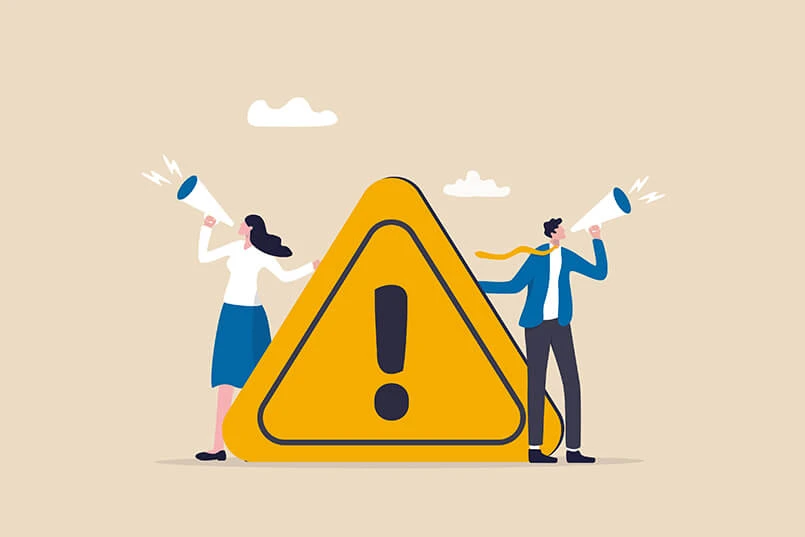Every so often, an attention-grabbing headline pops up in social media proclaiming the death of advertising and ipso facto – the death of the advertising agency. Yet, time passes, and advertising agencies continue to appear, flourish, get bought, merge, or occasionally fade from the scene.
The success of advertising agencies is their ability to adapt to the needs of their clients. The rise of digital advertising, social media, influencer marketing and the like is simply an opportunity for advertising agencies to either develop capabilities or, in the case of the larger agency networks, buy the capabilities to expand their remit.
Here’s a challenging question for you – in the face of all of this change, what is the role of today’s advertising agency?
Depending on the organisation and the role of marketing within it, the category you are in, the level of brand and marketing maturity, the set-up of your internal marketing teams, and more, the answer can take many forms. If you’re like many marketers, the answer could include some (or all) of the following:
- Strategy planning and development
- Media planning and buying
- Market Research and brand tracking
- Brand and campaign development
- Promotions and sales tactics
- Data analytics and insights
- Advertising production across multiple media
Wikipedia defines the role of the ad agency as “a service business dedicated to creating, planning and handling advertising for its clients…” But this definition feels too generic and prosaic in defining the spectrum of roles agencies provide for their various clients.
The world has changed
The world has changed, and marketers need to rethink why they hire ad agencies and the roles they want them to play in their businesses. The idea that there is a standard agency role belongs to a simpler time.
The role of agencies has diversified along with the diversification of the marketing options. In the Mad Men era, the agency was the marketer’s partner. They took responsibility for developing strategy, conceiving campaign ideas, executing production and media, and managing the process for the marketer. But now, marketer has many specialist agencies.
Is it any wonder that the concept of the Agency of Record is being questioned as more marketers move from retaining a lead agency to increasingly managing a roster or portfolio of agencies, increasingly paying project fees rather than retainer fees?
It’s this diversification of marketing options and possibilities that’s at the heart of the challenge facing marketers and their relationships with their agencies today. Marketers often define the role of their ad agencies in traditional terms without thinking about how they’ll collaborate with the other – specialized – agencies they’ve hired to address new opportunities like social media, influencer marketing and the like.
These rosters, or portfolios of agencies, sometimes termed a village, need to be managed. Just as the capabilities of the agency evolve, so too does the role of an agency evolve organically. Rather than being planned and managed, this evolution leads to stress and frustration.
Defining the role of your agency(s)
Today it is the marketer’s responsibility to define the agency’s role not only at the time of establishing the relationships but regularly as the needs of the marketer change. Rather than waiting for the end of the contract or the next agency tender process, it is worth considering these ten questions to define the role of your agency(s) more clearly:
- Does the agency have a clear understanding of your marketing and business objectives?
- Do your internal teams in marketing, sales, finance, and procurement have a clear understanding of the agency’s mandate?
- Has the role of the agency evolved since you hired them because of new demands or opportunities?
- Have your marketing requirements changed or evolved significantly since you hired your agency(s)?
- If you have a roster of multiple agencies – are boundaries, roles and responsibilities clearly defined across the portfolio?
- Are your agencies collaborating across the village or working separately in silos?
- Is your agency(s) not addressing some essential business requirements?
- Are there challenges around excessive agency resources and costs incurred?
- Are your incumbent agency contracts more than three years old?
- Have you experienced significant turnover in your agency or internal marketing teams in the last few years?
Clearly defining the role of your ad agency and your roster of agencies at the outset of the relationship and regular intervals during its term can save you and your marketing team time, money, and angst.
Many of the issues you’ve faced with your incumbent agency(s) in recent years could likely be solved if you, your teams (and your agencies) had a clear, up-to-date definition of what their role needs to be.
The benefits of clear definitions
Many marketers will feel that this alignment of agencies is a given. But you will be surprised. Try this test: individually ask your marketing team and agencies what they think their role is or should be and see how aligned the answers are. More importantly, look for the gaps in their responses.
Achieving alignment on the role of your agencies is vital. At a time when these can be as diverse and as specific as ever before, it is essential to take the time to ensure all of your agencies and your marketing team working with them an aligned and clear on their role and responsibility.
The benefits of creating a clear and aligned definition include the following:
- Alignment of objectives – all parties work toward a common, shared goal.
- Clear definition of success metrics – all parties aligned on the measures of success.
- Eliminating the duplication of work between both marketer and agency
- Reducing disputes between multiple agencies and across the agency portfolio
- Encourages collaboration between agencies to enhance performance
Who knows, it will likely improve your marketing performance too.
To find out how TrinityP3 Marketing Management Consultants can help you further with this, click here.





One thought on “What is the role of today’s advertising agency?”
It really depends on how you define agencies Darren. As boots to the ground or people who delivered outstanding value 20 years ago. Things have changed so much the lines have become irrreversibly broken. What's apparent is that clients are finding enormously more ways to disintermediate the agency from chain. Meaning, deteriorating value whichever way you look at..
Comments are closed.